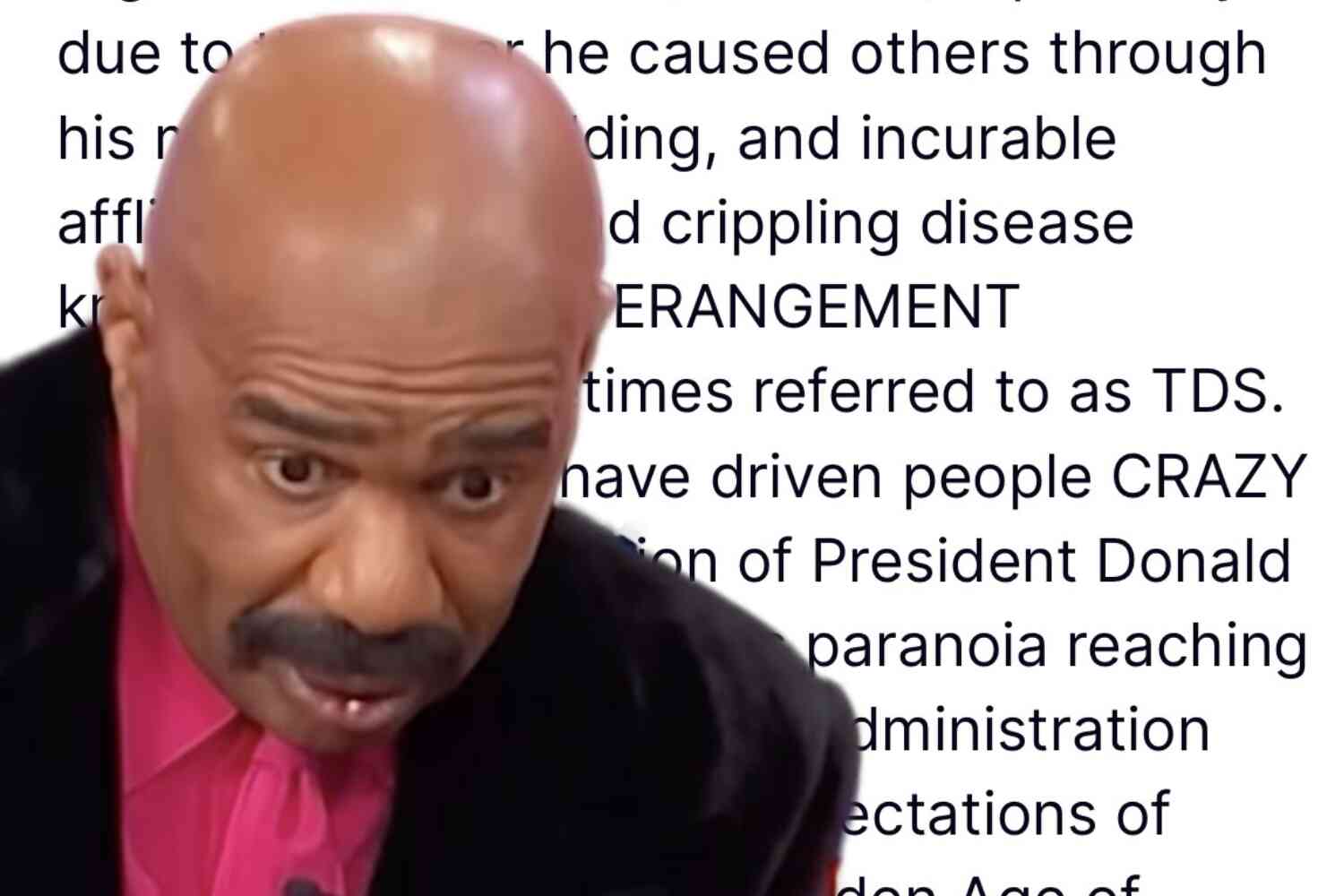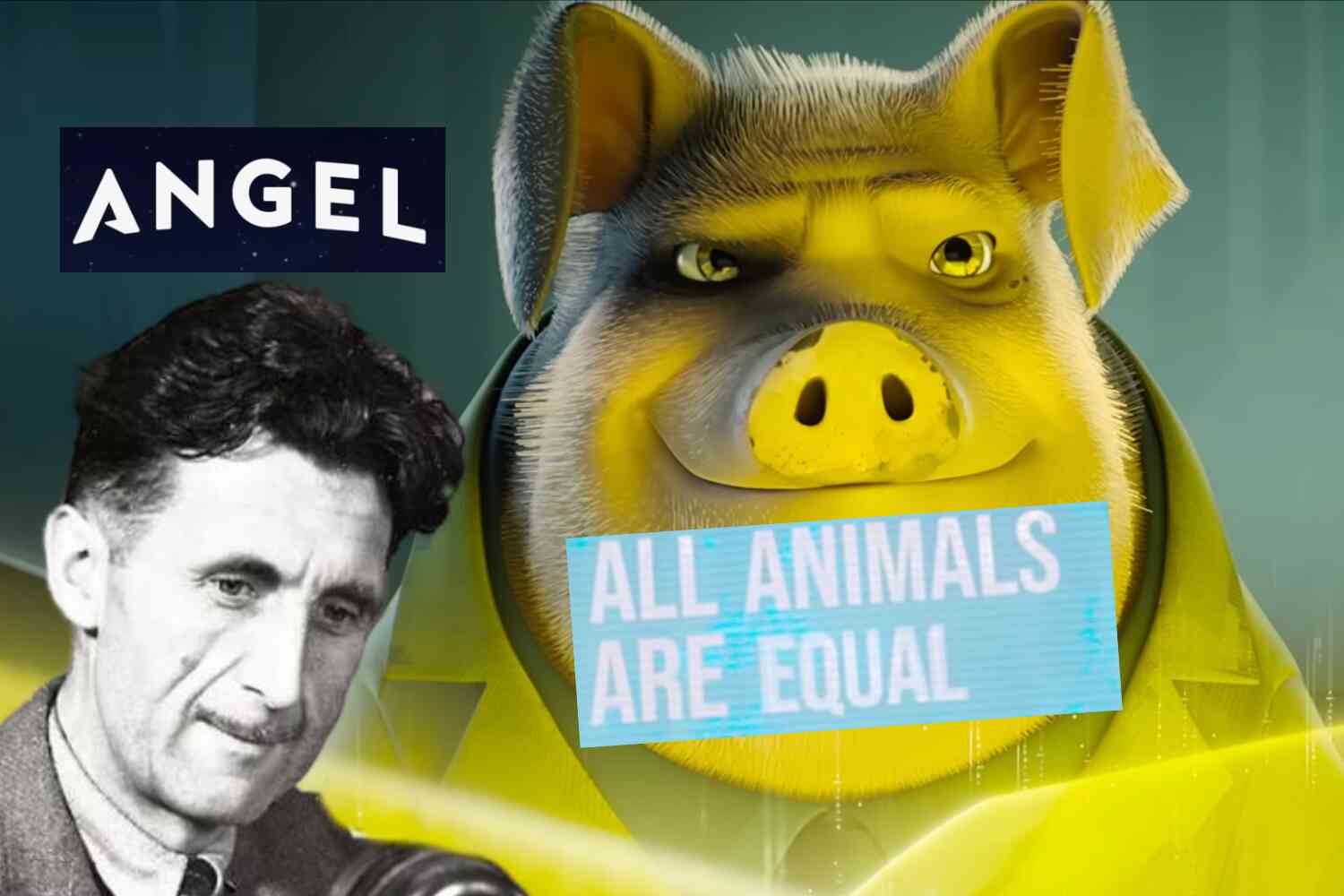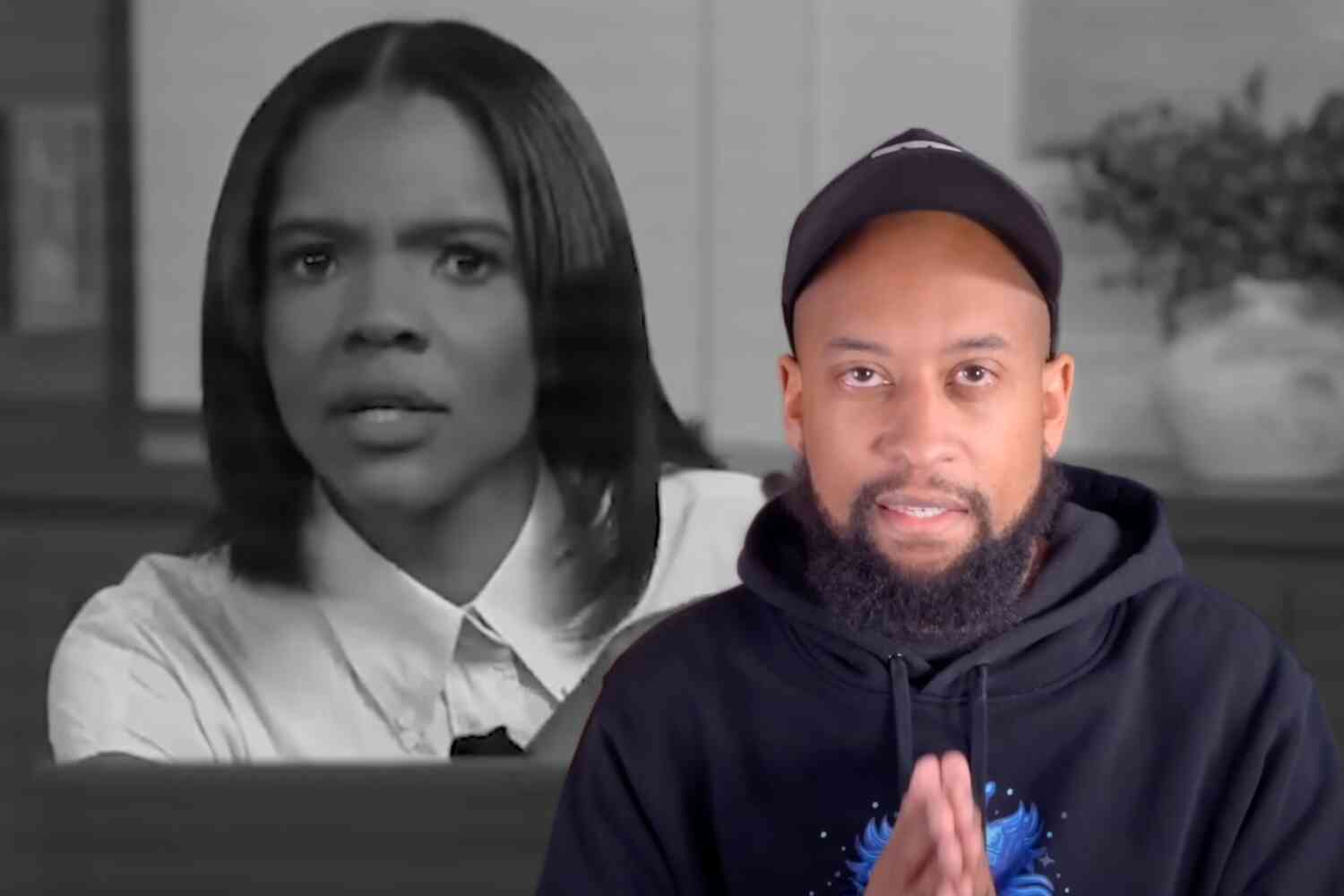So, this week the Supreme Court ruled in favor of Big Tech's First Amendment rights to silence and oppress their political opponents.
And there are really two common responses that came out of that.
The idea that Big Tech companies are private companies that should be able to do what they want.
Or
The idea that Big Tech companies are more like public utilities that should have to provide equal space for everyone.
But Tim Wu at The New York Times offered a third view I had not considered in his inflammatorily titled piece "The First Amendment Is Out of Control".
(A title that immediately got backlash on X, even from the top man himself.)
But I don't take anyone's word for anything, so I looked up the article and read it.
All in all, it was a really good exercise in remembering to dig past a headline and engage with ideas on both sides to have an educated opinion.
In sum, Wu makes the case that even though he doesn't agree with their ideals, conservative governments in Texas and Florida, as their people's chosen representatives, should have the power to limit a corporation actively working to suppress their citizenry's freedoms, especially if those companies are using machines rather than humans to make those suppressive decisions.
Ultimately, the article essentially makes the case that this decision may have once again redefined what free speech even is.
Let's start at the beginning.
Wu begins with the initial purpose of the First Amendment's right to free speech:
First Amendment cases involving speech typically concerned political dissenters, religious outcasts, intrepid journalists and others whose ability to express their views was threatened by a powerful and sometimes overbearing state.
Okay. Nothing wrong with that analysis.
Then came the parts that made me bristle.
But sometime in this century the judiciary lost the plot. Judges have transmuted a constitutional provision meant to protect unpopular opinion into an all-purpose tool of legislative nullification that now mostly protects corporate interests.
And reading that, you can't help but think, "Oh boy, anti-capitalist mumbo jumbo here we go."
But then, Wu goes a different direction when explaining how he thinks the First Amendment changed.
The reach of the First Amendment started to expand in the 1960s and '70s, when the Supreme Court issued a series of rulings that held that the First Amendment concerned not just political and religious speech but also other forms of expression (such as sexual content) and commercial communication (such as advertisements).
He calls these expansions "reasonable," but I'm not sure about that.
The current court is pretty big on historical and traditional applications of the constitution, and prior to Jacobellis v. Ohio, 378 U.S. 184 (1964), anti-obscenity laws were considered fully within the bounds of the First Amendment.
Those cases in the '60s and '70s really did redefine First Amendment protections in ways that the Founders would not only have never imagined but, as Christians, would have never supported.
Those cases pretty much redefined what speech was and transformed it from the expression of an idea into any and every base human expression. Essentially, the cases treated our founding documents as a post-modern art exhibit open to any wild interpretation the viewer could conceive.
And while I disagree with Wu about the reasonableness of those decisions, I find myself in agreement with him on what those decisions led to this week in the social media case mentioned above.
The Supreme Court's decision against Texas and Florida's laws limiting Big Tech from censoring anyone they consider political opponents once again changes what is considered "free speech."
… the court nonetheless went out of its way to state that the millions of algorithmic decisions made every day by social media platforms are protected by the First Amendment. It did so by blithely assuming that those algorithmic decisions are equivalent to the expressive decisions made by human editors at newspapers.
In other words, free speech may now extend to speech not created by humans.
The next phase in this struggle will presumably concern the regulation of artificial intelligence. I fear that the First Amendment will be extended to protect machine speech — at considerable human cost.
And
In our era, the power of private actors has grown to rival that of nation-states. Most powerful are the Big Tech platforms, which in their cocoon-like encompassing of humanity have grown to control commerce and speech in ways that would make totalitarian states jealous. In a democracy, the people ought to have the right to react to and control such private power, as long as it does not trample on the rights of individuals.
But thanks to the Supreme Court, the First Amendment has become a barrier to the government's ability to do that. Free speech rights have been hijacked to suppress the sovereignty of humans in favor of the power of companies and machines. As Justice Robert Jackson put it in 1949, 'if the court does not temper its doctrinaire logic with a little practical wisdom, it will convert the constitutional Bill of Rights into a suicide pact.'
Of course, the biggest issue with the First Amendment that Wu fails to address is morality and religion.
None of these issues with the First Amendment came up before the 1960's challenge to obscenity laws because Americans were on the whole a moral people.
The plaintiffs in those cases were not arguing for the right to say what they wanted, they were arguing for the right to immorality.
As John Adams famously said,
Our constitution was made only for a moral and religious people. It is wholly inadequate to the government of any other.
Oddly enough, Big Tech's biggest argument for censoring conservatives is that they would also lose the right to censor sexual material, which is such a problem because of the change in interpretation of the First Amendment in the 1960s.
Which ultimately begs the question,
What unintended consequences will this new change in the definition of Free Speech to include non-human speech bring?
P.S. Now check out our latest video 👇
Disclaimer: The opinions expressed in this article are those of the author and do not necessarily reflect the opinions of Not the Bee or any of its affiliates.









